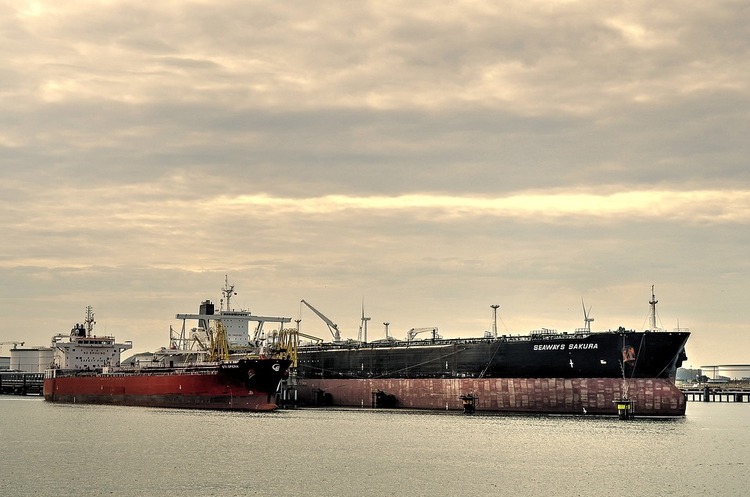Greece sold old tankers to Russia for its shadow fleet at a premium
Athens sold Russia about 60 tankers - 6 times more than other countries

Greece is not only the largest carrier of Russian oil, but also sells used tankers to Russia at three times the price. After the sanctions were imposed, Russia had to form its own shadow fleet, which led to a high demand for marine scrap.
Source. This is stated in the article "Greece hit the jackpot by selling ships to Russia" for Foreign Policy by Elizabeth Brough, senior fellow at the American Enterprise Institute.
According to Robin Brooks, chief economist at the Institute of International Finance, the share of Greek tankers in Russian oil exports by sea has risen to 50% from 33% before the invasion of Ukraine. But "many Greek shipowners decided that they could make even more money by selling their ships," the article notes.
Between January 2022 and August 2023, Greece sold 60 tankers (worth at least $30 million each, built before 2010), Brough cites data from VesselsValue, a company that tracks ship transactions. At the same time, the rest of the countries sold no more than 10 tankers each. Greek shipowners earned $2.47 billion from these transactions, five times more than the Norwegians, who are in second place.
In the 12 months to February 2023, Greek companies sold a total of 125 tankers, according to TradeWinds. In the first half of 2023, they sold 97 tankers (25% of global sales) with an average age of 17 years, Hellenic Shipping News wrote.
Greece's Thenamaris sold an Aframax-class Seatrust tanker (80-120,000 dwt) for $35 million, three times more expensive than it bought it eight years ago, Brough cites an example.
Kyklades Maritime sold a supertanker (160-320 thousand dwt) for $62 million, up from $38 million paid for the purchase. Another Greek company sold four of its oldest tankers for $140 million.
At the same time, Russia has to work with increasingly old ships. The average age of tankers with disabled transponders that were engaged in oil transshipment from side to side in Russia's exclusive economic zone in the second quarter was 23 years.
Background. Earlier, the media reported that Russia had found a way to bypass the $60 per barrel oil ceiling.
If you have read this article to the end, we hope that means it was useful for you.
We work to ensure that our journalistic and analytical work is of high quality, and we strive to perform it as competently as possible. This also requires financial independence. Support us for only UAH 196 per month.
Become a Mind subscriber for just USD 5 per month and support the development of independent business journalism!
You can unsubscribe at any time in your LIQPAY account or by sending us an email: [email protected]



